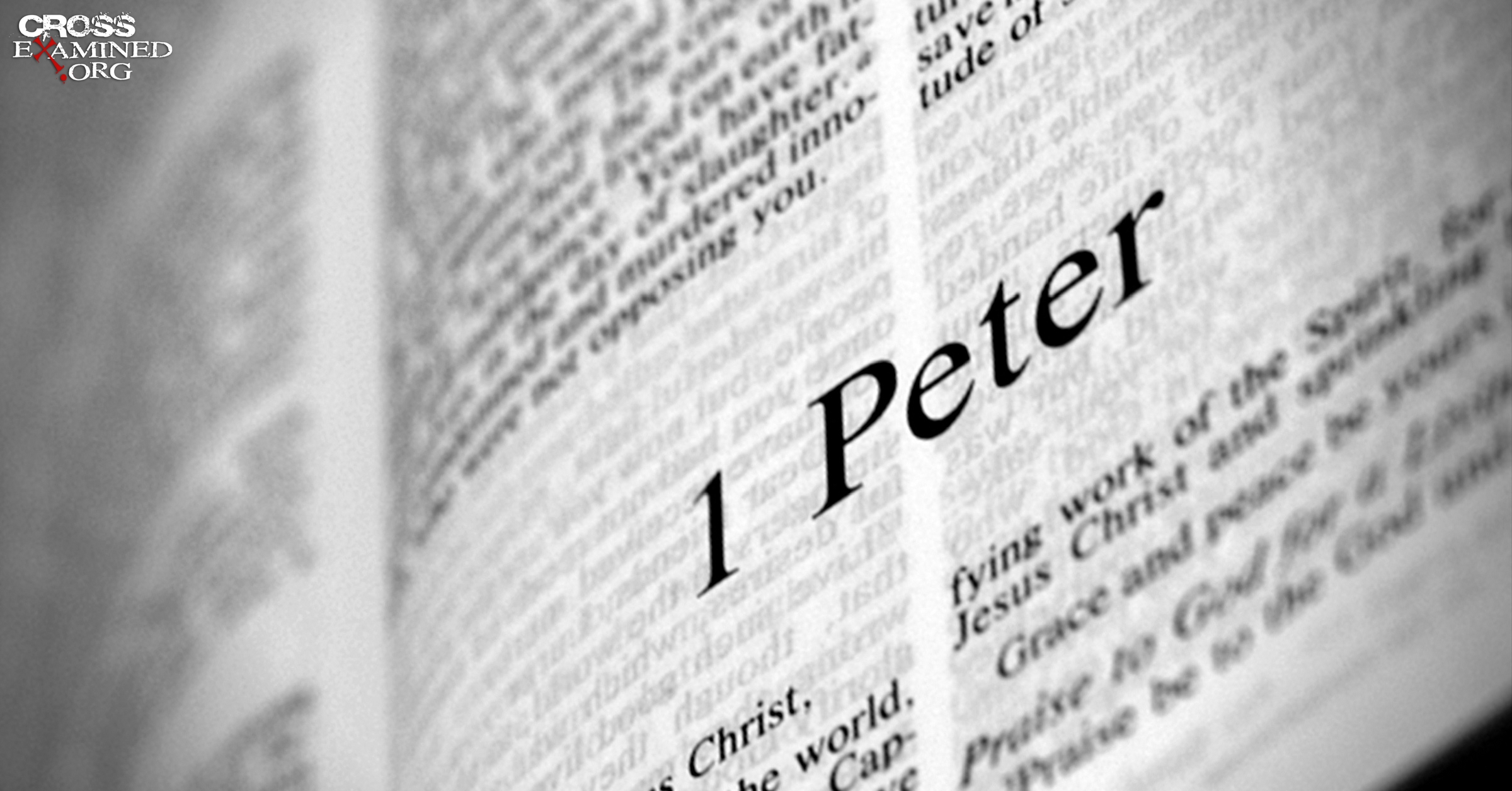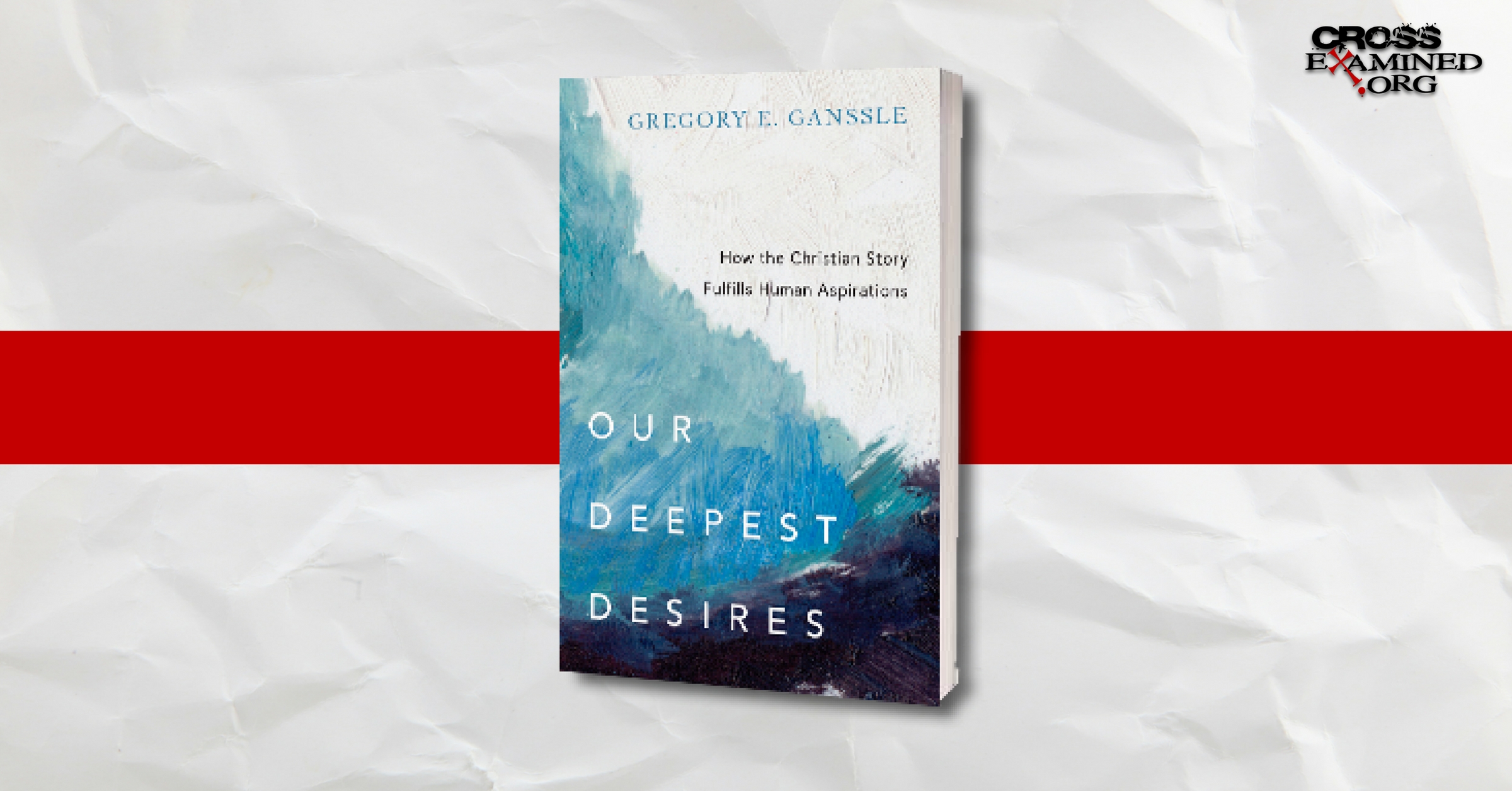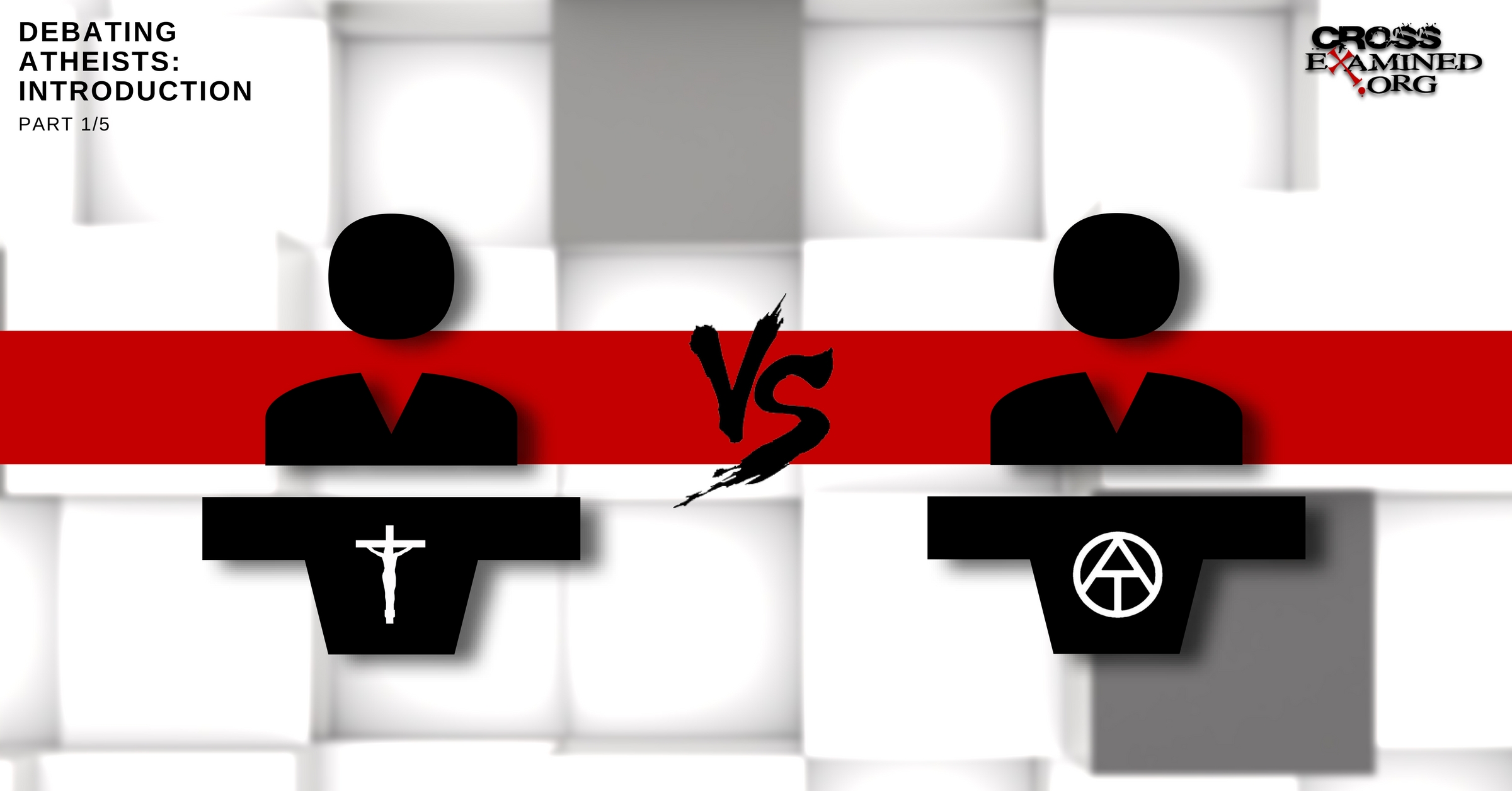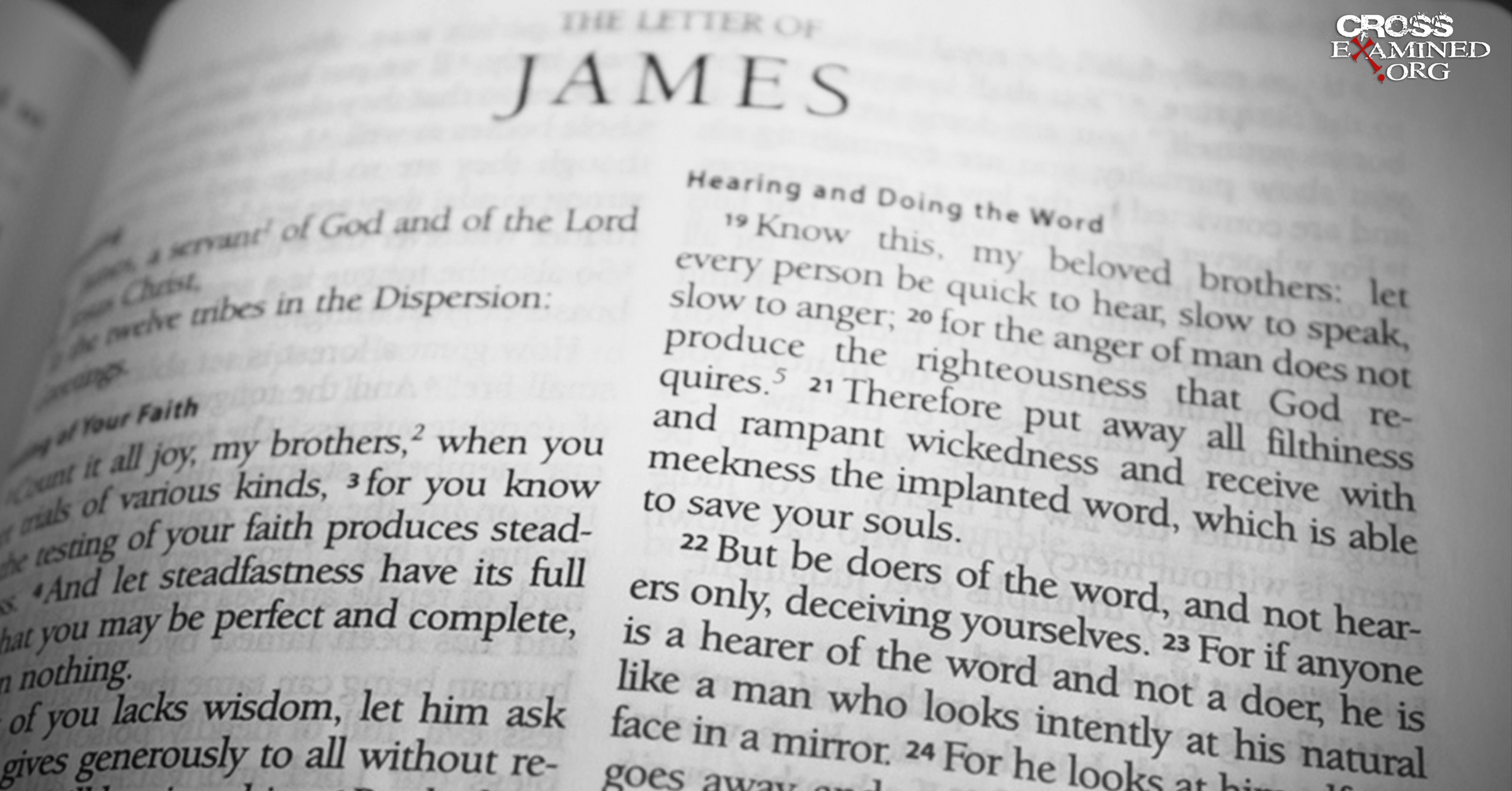By Dan Grossenbach
Information embedded inside all of life demands an explanation. Virtually all agree that, at some point in earth’s early history, the first living being came about from non-living (dead) material. Setting aside for the moment the incredible principle of life arising from death, what we find inside of life gives us the greatest mystery of all. The information inside of life is exactly what we see in high tech computer engineering. It’s remarkably designed. Bestselling atheist writer and evolutionary biologist Richard Dawkins remarks on information in every cell this way:

“The machine code of the genes is uncannily computer-like. Apart from differences in jargon, the pages of a molecular biology journal might be interchanged with those of a computer engineering journal.”[1]
So the argument goes like this…
- All life requires DNA/RNA.
Citing Richard Dawkins, “DNA code is universal among all living things” [2]
- DNA/RNA is information
What’s information? “By information, I mean the specification of the amino acid sequence in protein…Information means here the precise determination of sequence, either of bases of the nucleus acid or in amino acid residue in the protein.” Christian skeptic and co-discoverer of the DNA structure, Francis Crick. “Genes are information…a code…in sequence…just like what a computer programmer would do!” [3]
- Information requires a mind
In his debate with Christian apologist David Wood last year, leading atheist and editor of Skeptic Magazine Michael Shermer explains it this way,
Is there some advanced intelligence, a designer, call it whatever you want. Maybe. How do we know? Our methodology is actually pretty good for finding out…[Y]ou know the SETI program has algorithms. They grind through of signals coming from space to determine if it’s random noise or if it’s a signal. [4]
Shermer concedes that information infers an intelligent cause and even offers a way to verify it. Ironically, his method is the very same one offered by the ID advocates he’s trying to refute.
- Therefore, life required a mind.
This is why religion critics like Francis Crick[5], Richard Dawkins [6] and others propose the rarely accepted view of panspermia, or the idea that intelligent alien life seeded the early earth at just the right time for life to take root. In fact, there’s little discussed about origin of life at all. Normally, the question skips the origin of life issue and goes right into the evolution mechanism. Like all facts which lead us to conclusions we don’t like, it’s much easier to simply ignore the problem.
But not all of them are. The arrival of biological information is an area evolutionary biologists around the world are dealing with. In Nov 2016, scientists from around the world met in London to discuss how the neo-darwinian mechanism fails to account for the complexity of life. Recordings of the lectures will be provided on the Royal Society website soon. What’s more, is that the issue of information already in the cell before the first organism ever existed is not even a matter of evolution at all.
The reason I presented this as evidence for God is the same reason atheist philosopher Thomas Nagel and former atheist Antony Flew saw purpose and design in biological life. Every living cell requires something that is so particular that it cannot, in principle, be attributed to chance or natural causes. The DNA molecule contains not only complexity – for it has that. The complexity must also be arranged in such a way that it performs a specific function for the development of a living organism.
The specific complexity of this program is exactly like computer software. In fact, the four fundamental nucleotide base chemicals comprising the DNA molecule strands are not only similar to a computer program but they are the exact same thing. The pioneer of modern software, and no friend to Christianity, recognized this when he said, “DNA is like a computer program but far, far more advanced than any software ever created.” [7] The four chemicals abbreviated A-C-G-T are a four character code much like the binary two character code of human developed software consists of particularly placed zeros and ones. The only difference, is that whereas a slight computer code error typically results in a minor disfunction, any deviation from the DNA sequence most likely terminates the organism and any future decendants. This poses major problems for the. Neodarwinist theory of random mutation but that’s beyond our immediate scope.
Lest anyone be tempted to think time and chance under natural laws can produce such a function-based information code, atheist paleontologist Stephen Jay Gould shows that time is not available to us:
[W]e are left with very little time between the development of suitable conditions for life on the earth’s surface and the origin of life. Life is not a complex accident that required immense time to convert the vastly improbable into the nearly certain. Instead, life, for all its intricacy, probably arose rapidly about as soon as it could. [8]
Richard Dawkins goes further by ruling out chance a priori:
However many ways there may be of being alive, it is certain that there are vastly more ways of being dead, or rather not alive. You may throw cells together at random, over and over again for a billion years, and not once will you get a conglomeration that flies or swims or burrows or runs, or does anything, even badly, that could remotely be construed as working to keep itself alive. [9]
Not only was there no time for the DNA/RNA to develop naturally, there was also no known natural mechanism for it to do so.
Atheist philosopher Thomas Nagel agrees, “The more details we learn about the chemical basis of life and the intricacy of the genetic code, the more unbelievable the standard historical account [neo-Darwinian evolution] becomes.” [10]
“It is prima facie highly implausible that life as we know it is the result of a sequence of physical accidents together with the mechanism of natural selection.” [11]
“I realize that such doubts will strike many people as outrageous, but that is because almost everyone in our secular culture has been browbeaten into regarding the reductive research program as sacrosanct on the ground that anything else would not be science.” [12]
“I believe the defenders of ID deserve our gratitude for challenging a scientific world view that owes some of the passion displayed by its adherents precisely to the fact that it is thought to liberate us from religion.” [13]
Whenever information is found, in uniform and repeated human experience, it’s been the product of an intelligent mind. I left it to Dr. Shapiro to provide at least one piece of evidence to the contrary. He didn’t.
This was the third in a series of five posts showing how atheists concede four primary facts that infer biblical Christianity. For a fuller picture of this argument, you may want to check out part one (introduction) or part two (arrival of the universe).
Notes
[1] Richard Dawkins, River Out of Eden: A Darwinian View of Life, New York:Basic Books/Harper Collins, 1995., p17
[2] This fact is so widely assumed it was hard to find a direct quote. Richard Dawkins cited in a news article https://news.virginia.edu/content/richard-dawkins-universal-dna-code-knockdown-evidence-evolution. It’s worth noting after an exhaustive search, I found no published work directly denying this fact.
[3] Richard Dawkins interview starting at 1:25 https://m.youtube.com/watch?v=oF1UzhPA5N8
[4] Michael Shermer vs. David Wood debate on “Does God Exist” October 10, 2016, Kennesaw State University
[5] Francis Crick, directed panspermia 1972, https://profiles.nlm.nih.gov/ps/access/scbccp.pdf
[6] Richard Dawkins at the end of Expelled https://www.youtube.com/shared?ci=Dee3DLgEDEw
[7] Bill Gates, The Road Ahead p228
[8] Stephen Jay Gould, “An Early Start,” Natural History, February, 1978.
[9] The Blind Watchmaker: Why the Evidence of Evolution Reveals a Universe Without Design 1988, p9 The immediate relevance to this was pointed out to me by Douglas Axe.
[10] Nagel, Thomas (2012). Mind and Cosmos: Why the Materialist Neo-Darwinian Conception of Nature is Almost Certainly False. Oxford: Oxford University Press. p5
[11] ibid, p5
[12] ibid, p7
[13] ibid, p12
Original Blog Source: http://bit.ly/2veByDB











